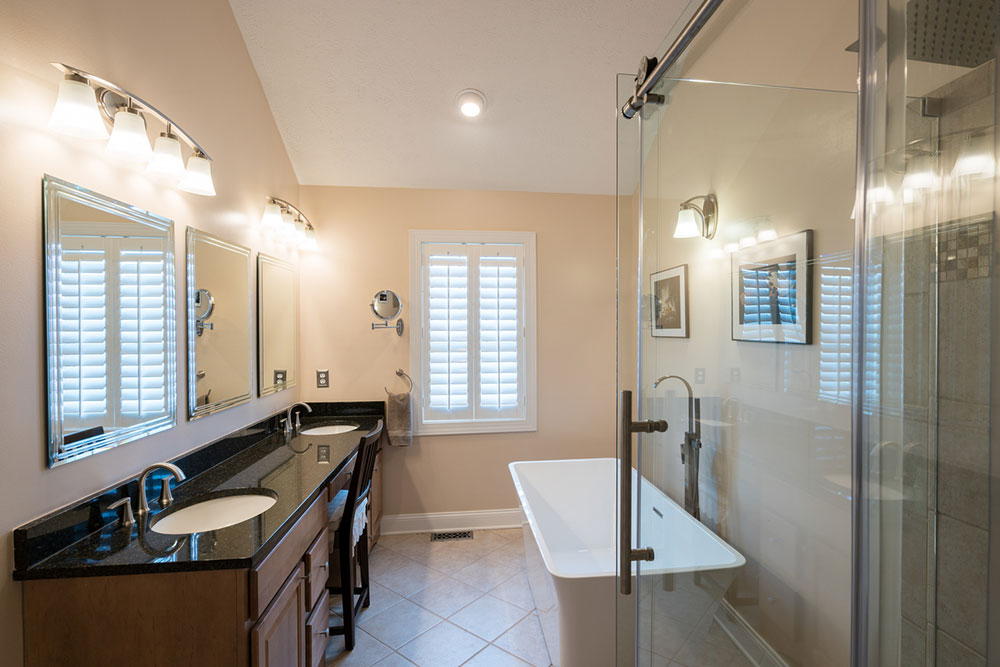4 things to know before buying a walk-in bathtub

Made for higher safety and comfort, walk-in bathtubs have a watertight door and seat. These let the bather step into the bathtub over a low threshold. Thus, the design is quite accessible compared to conventional bathtubs since walk-in bathtubs make entering and exiting easier and more secure. They are perfect for people of every age and level of mobility. So, for those looking for a walk-in bathtub, here are a few things to know before purchasing one.
Size of the tub
There are plenty of shapes and sizes available for walk-in bathtubs. While most models feature a higher wall and thus appear bigger than conventional bathtubs, they can still fit in wherever the older bathtub was. So, there is no need to do any costly reconfiguration of the bathroom. However, always measure the older tub so that the newer walk-in tub is of the same dimensions.
Options for door
The door is one of the most crucial parts of any walk-in bathtub. One can simply walk into the bathtub with the door instead of climbing over it. This is what makes the bathtub safer and more secure. Based on the kind of walk-in bathtub one is considering, the door may open outward or into the bathtub. The type of door will depend on where the bathtub will be placed and who will be using it. This is because an outward-opening door requires more space. Also, this type of door is more suitable for those who use a wheelchair or require more room to get into the bathtub.
Type of tub
Most common types of walk-in bathtubs are similar to conventional bathtubs, except with a door. Aside from these, manufacturers also offer many options based on height, width, and extra features. For example, some walk-in bathtubs may have advanced features such as therapeutic jets and bubble massage jets. These are often useful to alleviate pain and discomfort in muscles and joints. Knowing one’s requirements can help determine the type of walk-in bathtub needed.
Safety and accessibility features
Walk-in tubs are primarily installed for their safety and accessibility features. While the low threshold and door are common safety features, it is important to check whether any additional features are also offered. These may include built-in grab bars, non-slip flooring, and secure seating.







